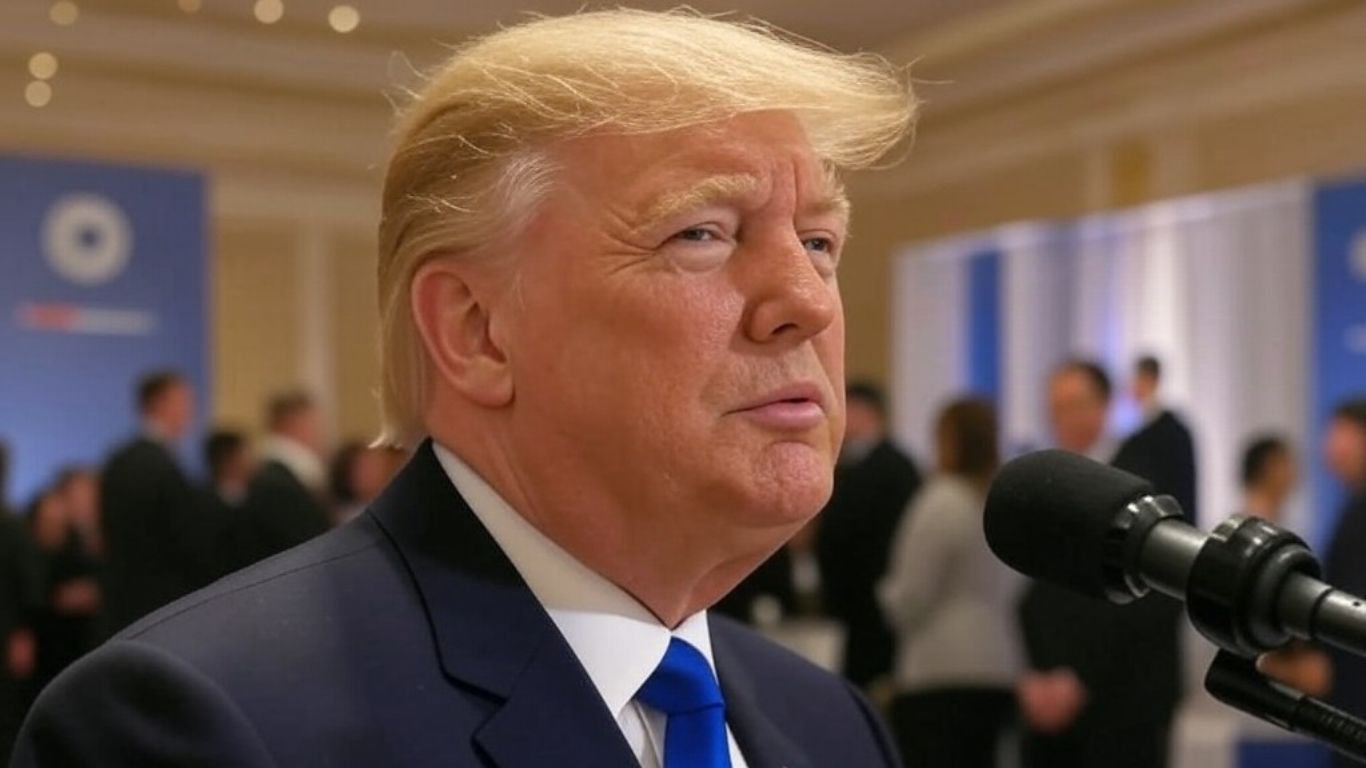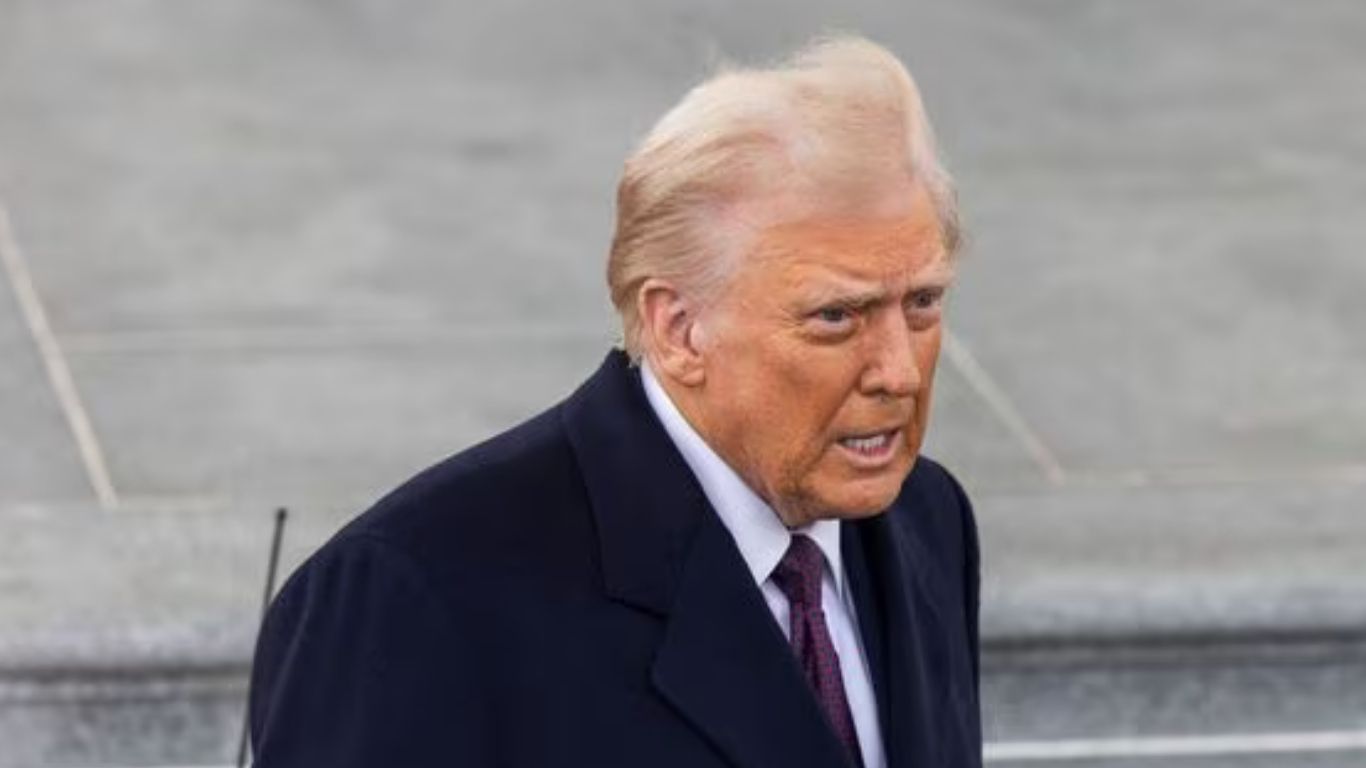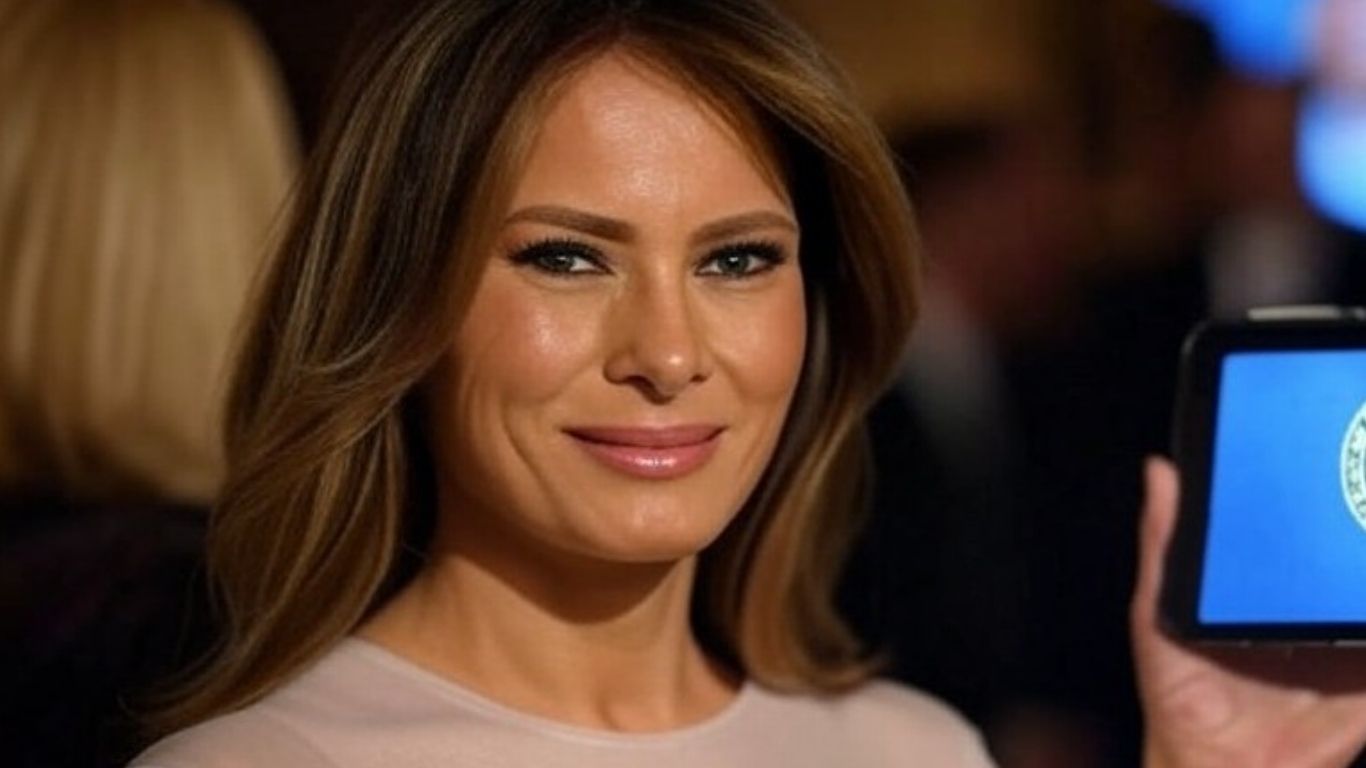A New York judge has ruled that President-elect Donald Trump will face no legal penalties for his conviction in the hush money case, effectively closing one of the most contentious legal battles surrounding his political career. Despite this decision, Judge Juan Merchan upheld the jury’s conviction, making Trump the first convicted felon to ascend to the presidency.
Key Ruling Details
Judge Merchan’s decision means Trump will not serve a sentence or face penalties stemming from his May conviction on 34 counts of falsifying business records. The charges were linked to payments made to former lawyer Michael Cohen, who reimbursed $130,000 in hush money to adult-film star Stormy Daniels to prevent her from speaking publicly about an alleged affair during the 2016 presidential campaign.
Trump has consistently denied the affair and maintained that the case is politically motivated.
No Punishment for Conviction
Merchan explained that imposing no penalties was the best course of action to ensure finality while allowing Trump to pursue his appeals. “A sentence of an unconditional discharge appears to be the most viable solution to ensure finality and allow Defendant to pursue his appellate options,” Merchan wrote in his ruling.
The court has set sentencing for January 10, 2025—just days before Trump’s inauguration for his second term. To address concerns about the “mental and physical demands during this transition period,” Merchan ruled that Trump may appear at the sentencing virtually.
Legal and Political Implications
The decision has drawn mixed reactions from legal experts and political observers. Merchan cited internal U.S. Justice Department opinions, which are not legally binding but hold that a sitting president cannot be prosecuted. The judge noted that the concerns raised in these opinions did not warrant dismissing the case or delaying sentencing further.
This ruling also followed Trump’s legal team’s argument that his reelection presented a “legal impediment” to further criminal proceedings under the Constitution’s Supremacy Clause. However, the judge rejected these claims, stating that the conviction was unrelated to Trump’s official conduct as president.
Reactions from Trump and Prosecutors
Manhattan District Attorney Alvin Bragg supported the conviction’s integrity, arguing that dismissing it would undermine the judicial process. “The jury’s verdict must stand,” Bragg’s office argued in filings, calling efforts to overturn the conviction “unwarranted.”
Trump spokesperson Steven Cheung criticized the ruling as a violation of the Supreme Court’s presidential immunity doctrine. “President Trump must be allowed to execute the vital duties of the presidency, unobstructed by the remains of this or any remnants of the Witch Hunts,” Cheung stated.
Background on the Hush Money Case
Trump was first scheduled to be sentenced in July 2024, but the date was delayed twice following a Supreme Court ruling that granted him broad immunity for official acts as president. Despite this, Judge Merchan ruled last month that the immunity decision did not apply to Trump’s case, as the evidence was unrelated to his presidential duties.
Looking Ahead
While this ruling closes a chapter in Trump’s legal challenges, it leaves unresolved questions about how presidential immunity and accountability should be balanced. The ruling ensures that Trump can fully focus on his transition back to the presidency, but it also sets a legal precedent that could have long-term implications for future officeholders.
With sentencing scheduled just days before his inauguration, Trump’s legal battles will likely remain a central narrative as he resumes his role as president.















